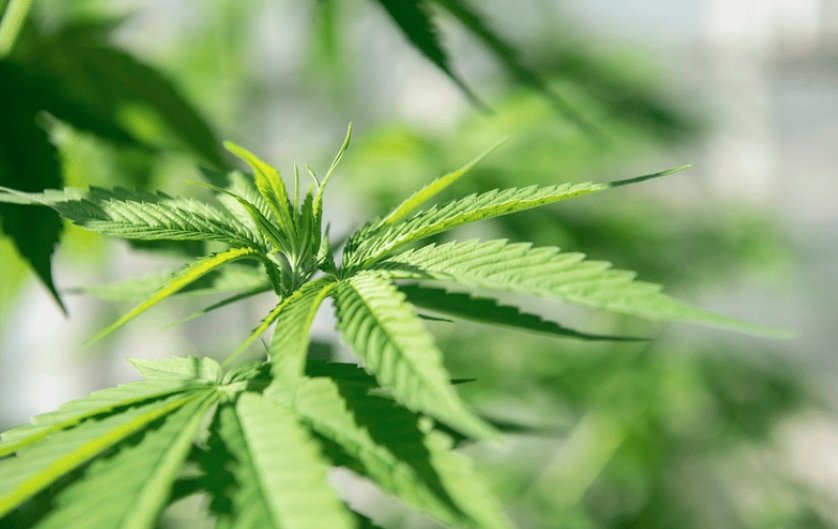The hemp industry in the U.S. is facing a challenge with the current federal limit of 0.3% THC for hemp products. Many state agriculture regulators and hemp businesses are urging Congress to increase the THC threshold to 1% or less, as part of the 2023 Farm Bill.
Why is the THC limit important for hemp?
THC, or tetrahydrocannabinol, is the psychoactive compound found in cannabis plants. Hemp is a type of cannabis that contains low levels of THC and high levels of CBD, or cannabidiol, a non-intoxicating compound with various health benefits. Hemp is used for making products such as fiber, textiles, paper, food, oil, and supplements.
The 2018 Farm Bill legalized hemp production in the U.S., but set a strict limit of 0.3% THC for hemp plants and products. This limit is based on the dry weight of the plant material, which can vary depending on the harvesting and processing methods. Hemp farmers and processors have to comply with this limit, or risk having their crops destroyed or facing legal consequences.
However, many in the hemp industry argue that the 0.3% THC limit is too low and unrealistic, as it does not account for the natural variation of THC levels in hemp plants. They claim that this limit restricts the genetic diversity and quality of hemp varieties, and creates unnecessary burdens and costs for testing and compliance. They also point out that the 0.3% THC limit is not based on scientific evidence or international standards, and that some countries, such as Switzerland and Australia, allow higher THC levels for hemp.
What are the benefits of raising the THC limit for hemp?
The hemp industry advocates for raising the THC limit for hemp to 1% or less, which they believe would bring several benefits, such as:

- Expanding the range and availability of hemp varieties that can be grown in different climates and conditions, and that have desirable traits such as disease resistance, yield, and cannabinoid content.
- Reducing the risk of crop failure and loss due to testing errors, environmental factors, or human errors that can cause THC levels to fluctuate above the 0.3% limit.
- Increasing the profitability and competitiveness of the hemp industry, by allowing more flexibility and innovation in product development and marketing.
- Enhancing the consumer safety and satisfaction, by ensuring the quality and consistency of hemp products, and by avoiding the confusion and stigma associated with THC.
- Aligning the U.S. hemp policy with the global market and standards, and facilitating the trade and export of hemp products.
What are the challenges and oppositions to raising the THC limit for hemp?
Raising the THC limit for hemp is not a simple or easy task, as it faces several challenges and oppositions, such as:
- The lack of consensus and coordination among the federal agencies, state regulators, and industry stakeholders involved in hemp regulation and oversight.
- The potential legal and social implications of increasing the THC limit for hemp, such as the impact on drug testing, law enforcement, public health, and public perception of cannabis.
- The resistance and skepticism from some lawmakers, anti-drug groups, and conservative groups, who may view raising the THC limit for hemp as a step towards legalizing marijuana, or as a threat to the existing marijuana markets and regulations.
- The uncertainty and complexity of the legislative process and timeline, especially in the context of the 2023 Farm Bill, which is expected to address various agricultural and rural issues.
What are the current efforts and actions to raise the THC limit for hemp?
Despite the challenges and oppositions, the hemp industry and its allies are actively pursuing and supporting various efforts and actions to raise the THC limit for hemp, such as:
- The National Association of State Departments of Agriculture (NASDA), a nonpartisan group representing state agriculture regulators, voted in February 2021 to support an amendment to the federal definition of hemp to increase the THC concentration to 1% or less.
- The Cannabis Regulators Association (CANNRA), a nonpartisan association of government officials representing cannabis and hemp regulatory agencies, sent a letter in September 2021 to the U.S. Senate and House agriculture committees, urging them to address hemp-derived cannabinoids in the 2023 Farm Bill, and to consider five specific changes, including defining THC in terms of both THCA and delta-9 THC, and clarifying that the 0.3% THC threshold applies only to the plant.
- The Hemp Access and Consumer Safety Act, a bipartisan bill introduced in March 2021 by Senators Ron Wyden, Rand Paul, and Jeff Merkley, would amend the Federal Food, Drug, and Cosmetic Act to allow hemp-derived CBD and other cannabinoids to be used as dietary supplements and food additives, and would also increase the THC limit for hemp to 1%.
- The Hemp Economic Mobilization Plan (HEMP) Act, a bill introduced in November 2020 by Representative Kurt Schrader, would amend the Agricultural Marketing Act of 1946 to increase the THC limit for hemp to 1%, and to establish a national hemp testing program.
The hemp industry hopes that these efforts and actions will gain more support and momentum in the coming months, and that Congress will act swiftly and favorably to raise the THC limit for hemp, as part of the 2023 Farm Bill or as a standalone legislation.



